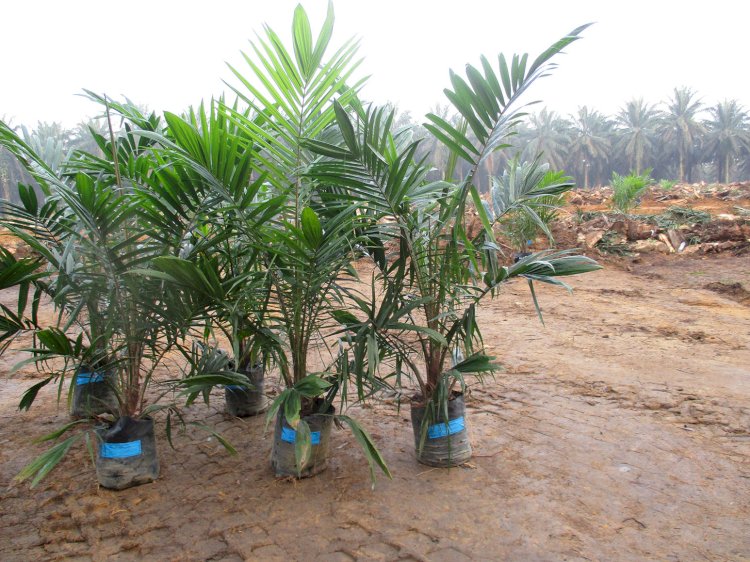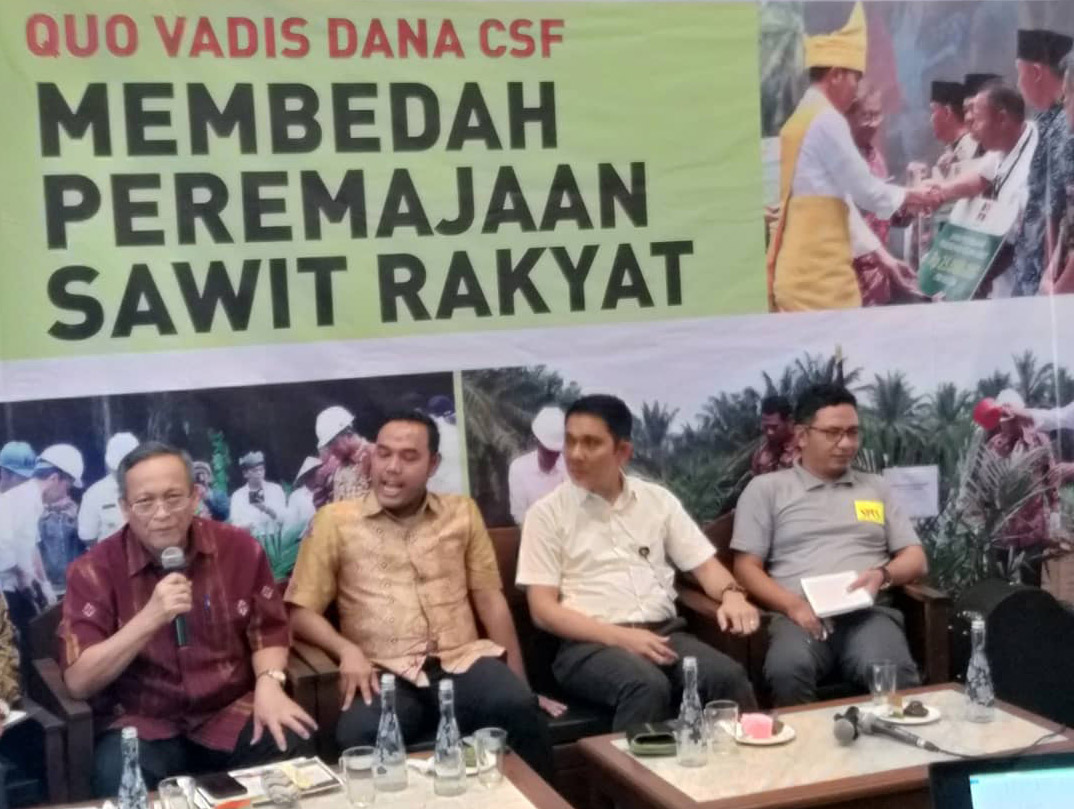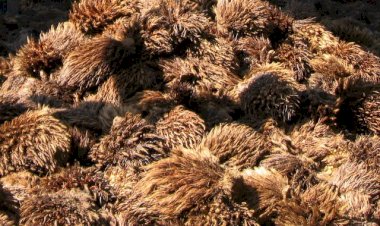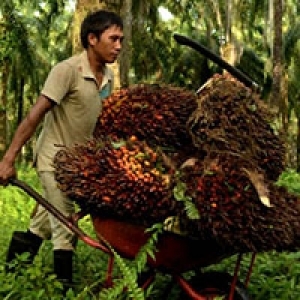Potential Income Sources for Oil Palm Farmers During Replanting Seasons
Indonesian government has set out an oil palm trees replanting program in an effort to boost productivity.

JAKARTA—Indonesian government has set out an oil palm trees replanting program in an effort to boost productivity. The program, locally known as PSR (Peremajaan Sawit Rakyat) or oil palm replanting program for smallholders, is supported by the Indonesia Oil Palm Plantation Fund Management Agency (BPDPKS) that provide financial aid.
As the replanting take place, farmers will lose income for some times. In that case, farmers need alternate sources of income. They may receive income from many sources, from palm oil wastes to implementing polyculture. The following are some recommended alternate sources of income for farmers during replanting seasons.
- Oil palm trunks
Normally, on replanting process, old trees are cut down before being replaced by new trees. This process will result trunks that can be utilized for many purposes. Only by following simple process, the unused trunks can produce brown sugars. The production process is quite simple, only by obtaining neera (palm nectar) from the trunks. Farmers may receive nett income around Rp18-22 million per hectare.
The unused oil palm trunk could also be used as an alternative source of raw materials for the timber and furniture industry.
- Oil palm fronds
The fronds are derived from the harvesting of oil palm fruit bunches, from both pruning management practices and replanting operations. Woven handicraft items like plates, flowerpots, hats, baskets, and broomstick can be made from the fronds.
- Polyculture
Polyculture is a form of agriculture in which more than one species is grown at the same time. Implementing polyculture in oil palm plantations with immature trees under 4 years in age can be a source of income for farmers.
Short-lived plants could potentially grow well in oil palm plantations are maize, gogo rice, peanuts, soybeans, and horticultural crops (shallots, kale, mustard, watermelons, bananas, etc). ***




































